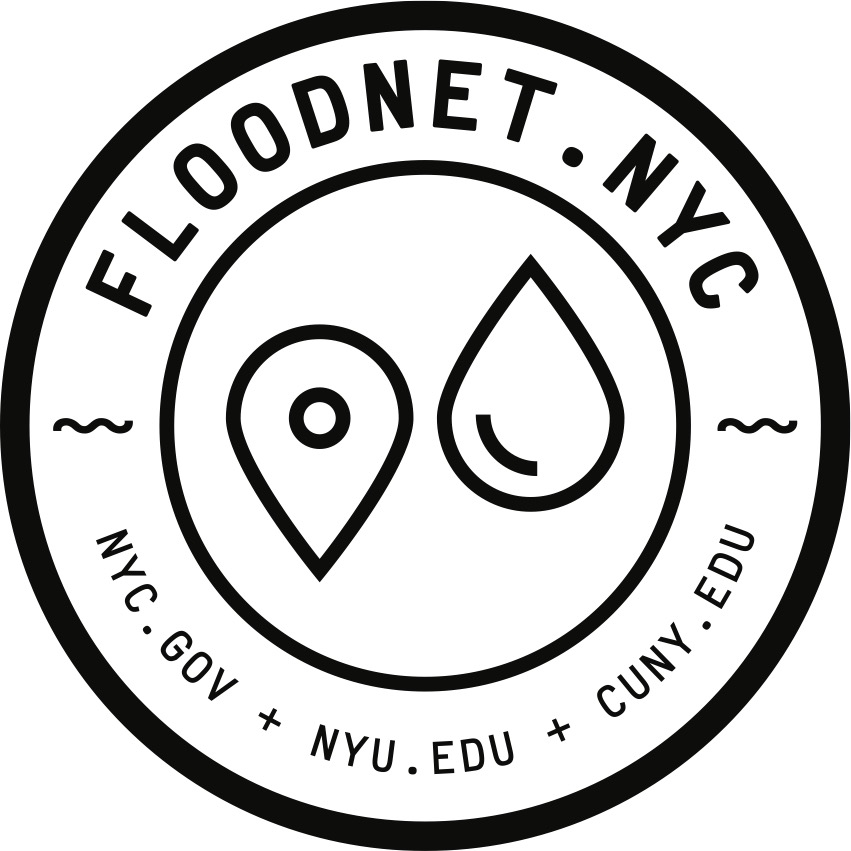
Community Outreach
We think of outreach as means of communication from FloodNet to stakeholders (flood data users including but not limited to community residents, City agencies, coalitions, and academic researchers) for the purpose of information sharing, project awareness building, and participation in programming and events. Primarily, FloodNet outreach seeks to CONNECT with stakeholders to learn about their experience with flooding, identify areas prone to flooding, encourage feedback to inform sensor deployment, and build relationships.
Goals:
-
To raise awareness of the FloodNet project goals and current initiatives with potential for community education and input.
-
To facilitate direct information sharing of real-time data with key community stakeholders.
Community Education
We think of education as a collaborative experience of knowledge building that impacts community/stakeholder perception of flood risk (susceptibility and severity), capacity to apply skills that help mediate responses to flooding, and our potential to co-produce scientific knowledge and investigation (between researchers/experts and community members). FloodNet efforts regarding education seek to ENGAGE partners and other stakeholders interested in participating in hands-on learning opportunities, offering regular feedback, and collaborating on educational programming.
Goals
-
To develop internal team knowledge and context for target neighborhood relationship to flooding and potential uses for FloodNet data
-
To cultivate and sustain collaborative practices of information sharing and action with/among stakeholders informed by community-based participation research, implementation and dissemination research.
COMMUNITY WORKSHOP SERIES
The Community Workshops Series, co-led by FloodNet’s Community Engagement team and community partners, invites the FloodNet team to facilitate three modules in partner communities:
Community Voice
This module takes participants through PhotoVoice training to expand community-led documentation, conversation, and qualitative data collection on flooding and flood impacts in their neighborhoods. Learnings from NYC’s Flood Watch program inform this module and participants are encouraged to
continue engagement after the workshop with MyCoast, a NYS tool to report photo, time, depth, location and impacts on flooding.
Data & Storytelling
This module engages community participants in a co-learning experience that supports community-led data analysis. Community participants are led through learning activities that facilitate their ability to interpret flood sensor data and communicate their findings through creative storytelling. The stories both highlight participants’ lived experiences with flooding in their area and offer qualitative information to contextualize flood sensor data.
Sensors & Sensing
This module, developed in collaboration with CUNY ASRC’s Community Sensor Lab, aims to engage community participants with the flood sensor technology and encourage participant reflection on how flooding impacts their neighborhoods and their health. Community participants are encouraged to use flood sensors, and FloodNet project logic, to explore how flooding may be connected to other relevant community issues, think critically about the scope of flood efforts in NYC, and create their own community-based action strategies in response to flooding.
